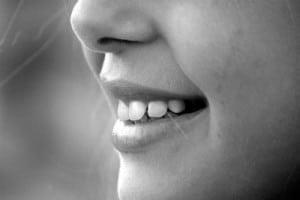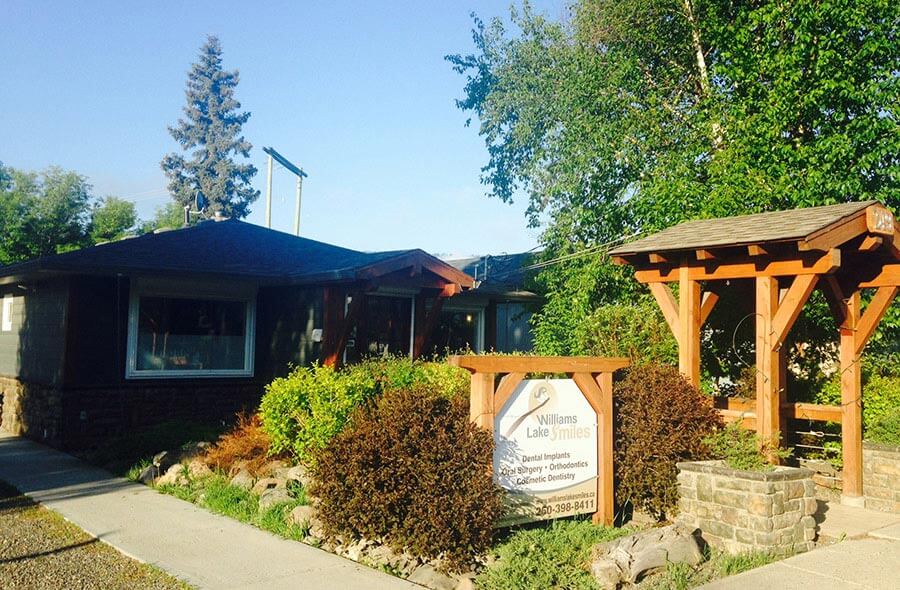
Flossing and brushing can help get rid of plaque, but if plaque stays in your mouth, it forms tartar which can only be removed by a dentist or a hygienist. The longer plaque and tartar remain on your teeth, the more harmful they becomes and may encourage the beginning of periodontal disease.
- Periodontal disease ranges from minor gum inflammation to more serious dental disease that results in damage to the bone and soft tissue that support your teeth. Periodontal disease is very common and it is serious.
If not removed, plaque, tartar and bacteria can cause gingivitis, an inflammation of the gums.
- Signs to look for are gums that bleed easily and are tender, swollen and red. You may also notice a bad taste in your mouth and have bad breath. Gingivitis is a mild form of gum disease that does not include loss of bone or tissue that hold your teeth in place. It is easily treated and can usually be reversed with good dental habits. If gingivitis is not treated, however, it can advance to periodontitis.
If your gums are pulling away from your teeth, causing pockets to form that become infected, you may have periodontitis.
- Your body’s immune system fights the bacteria but this natural response to infection starts to break down the connective tissue and bone that holds your teeth in place.
- If periodontitis is left untreated your bone, tissue and gums may be destroyed. Your teeth become loose and eventually must be removed.
Poor oral hygiene is the most common cause of periodontal disease. Smokers, pregnant women, diabetics and people whose immune system is compromised are also vulnerable.
The earlier it is caught, the easier periodontal disease is to treat, with the main goal of treatment being control over the infection.
If you haven’t seen a dentist recently, and think you may have a form of periodontal disease, call our offices, today, for a consultation: 250-398-8411.


